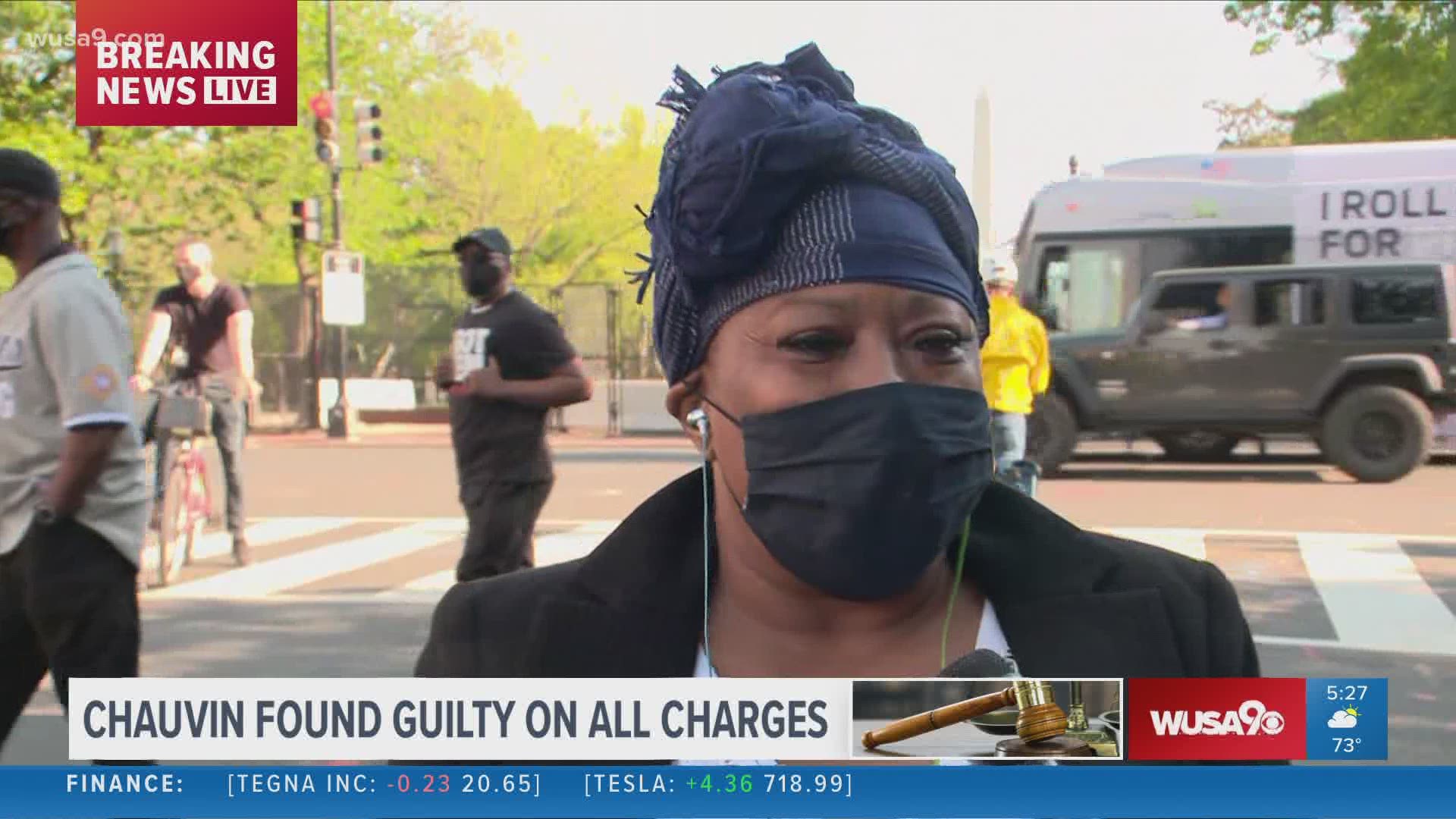WASHINGTON — The George Floyd Justice in Policing Act faces the same hurdles many other federal bills face: lack of Republican support in a nearly evenly split Senate.
When the House passed the 2020 version of the George Floyd Justice in Policing Act, then-Senate Majority Leader Mitch McConnell (R-Ky.) did not allow a floor vote and the bill ran out of time.
House Resolution 1280, or the George Floyd Justice in Police Act of 2021, passed the House by a 220-212 margin on March 3. All Democrats but Jared Golden (D-Maine) and Ron Kind (D-Wis.) voted for the bill. All Republicans but Lance Gooden (R-Tex.) voted against the bill. Golden later claimed he "pushed the wrong button" when voting for the bill.
The Act was received in the Senate. It is up to current Senate Majority Leader Chuck Schumer (D-NY) to schedule the bill for committee. Currently, the Senate is in negotiations to pass President Biden's infrastructure plan.
The George Floyd Justice in Policing Act would require 60 votes to pass an expected Republican filibuster in the Senate. It is not eligible for a budget reconciliation vote requiring only 50 votes and the vice president to pass as the Act is not a budgetary adjustment, but rather it creates a law, according to the rules of the Senate Parliamentarian.
According to the bill, the George Floyd Justice in Police Act would ban chokeholds at the federal level and requires local police to ban chokeholds to receive federal funding. In bans no-knock warrants for federal police and requited local police to ban no-knock warrants to receive federal funding.
The Act requires federal police officers to wear body cameras and requires local law enforcement to use existing federal funds to ensure the use of police body cameras. It also limits the transfer of military-grade equipment to state and local law enforcement.
Here is a comprehensive list of what the George Floyd Justice in Police Act of 2021 would do:

